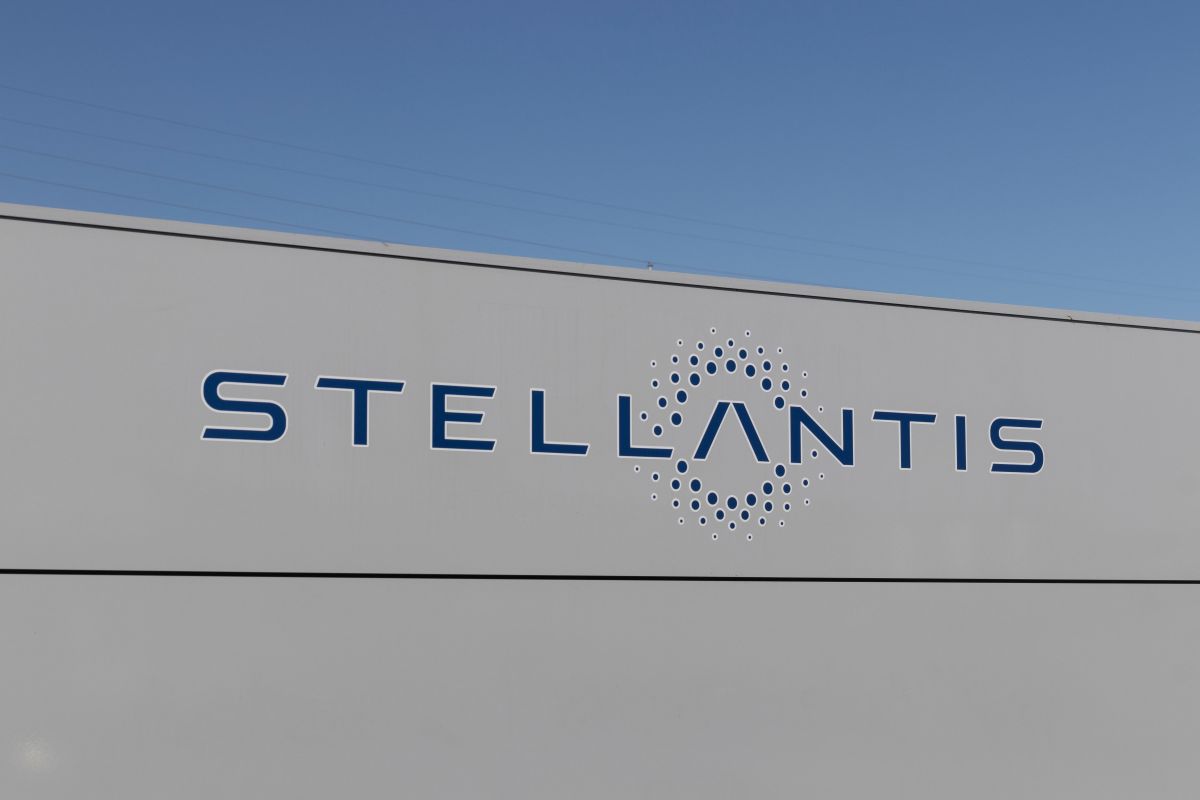Stellantis is facing a critical crossroads following the resignation of CEO Carlos Tavares. The company, which once boasted industry-leading margins, is grappling with a sharp downturn in the U.S. market, political hurdles and technological competition.
Tavares, known for his cost-cutting expertise and aggressive management style, had led Stellantis to a near 12% operating margin in 2023, outpacing rivals like Ford and General Motors. However, that success unraveled in 2024. A profit warning in September, attributed to falling U.S. sales and increasing consumer resistance to higher vehicle prices, pointed to deeper structural issues. The company’s market share has been eroding, and its share price has halved since March.
“Stellantis’ success since its creation has been rooted in a perfect alignment between the reference shareholders, the Board and the CEO,” said Henri De Castries, the company’s senior independent director, in a statement. “However, in recent weeks, different views have emerged which have resulted in the Board and the CEO coming to today’s decision.”
The challenges ahead for Stellantis are multifaceted. President-elect Donald Trump’s proposed tariffs on imported vehicles from Mexico could impact a quarter of the company’s EBITDA in 2025, according to S&P analysts. Meanwhile, the European Union is increasing pressure on automakers to comply with stringent emissions standards, with penalties looming for vehicles that fail to meet efficiency benchmarks.
Adding to the urgency is growing competition from Chinese manufacturers offering EVs with advanced features and lower costs. To remain competitive, Stellantis must innovate in areas like battery technology and driver-assistance systems.
John Elkann, Stellantis chairman and CEO of the company’s largest shareholder, Exor, will chair an interim executive committee while the board seeks a permanent successor. Elkann has indicated the search will conclude by mid-2025, but the clock is ticking to reassure investors. Stellantis shares fell 8.3% on Dec. 2, signaling skepticism about the path forward.
Speculation about potential successors includes Antonio Filosa, head of Stellantis’ Jeep division, and former Fiat Chrysler boss Mike Manley. Industry observers have also suggested Elkann might consider candidates outside the automotive sector, as Sergio Marchionne once was when he joined Fiat from a semiconductor company.













